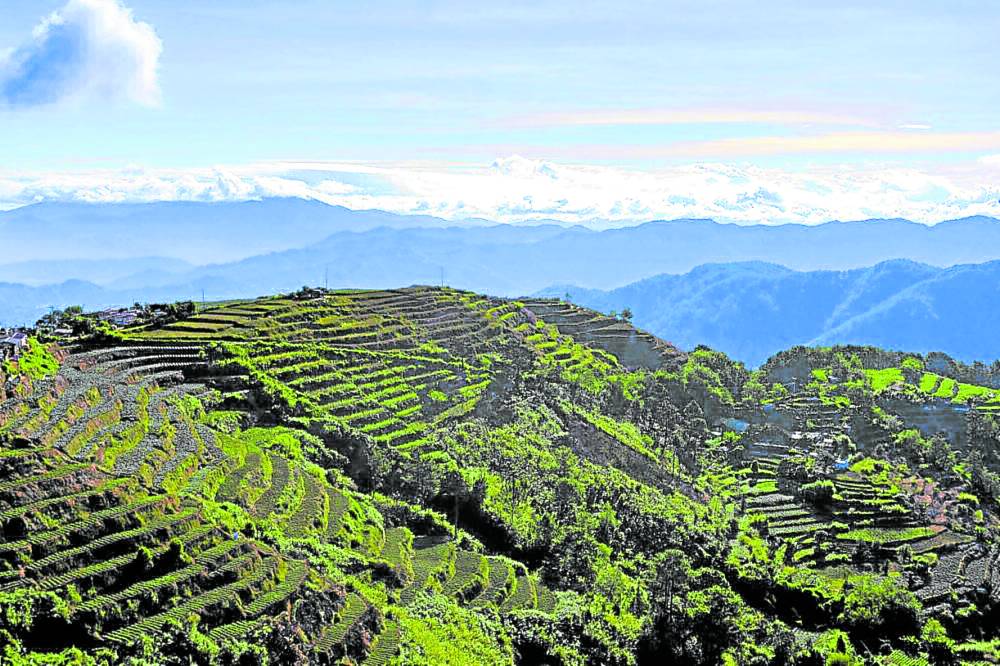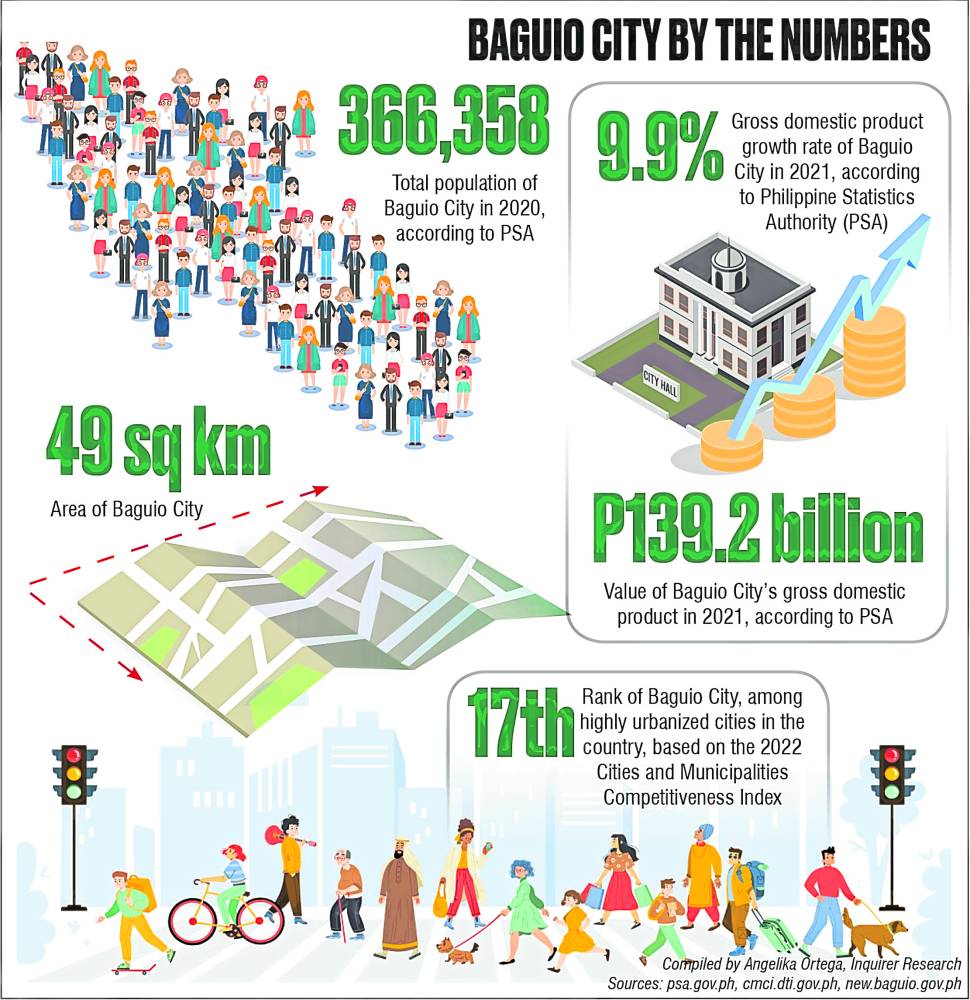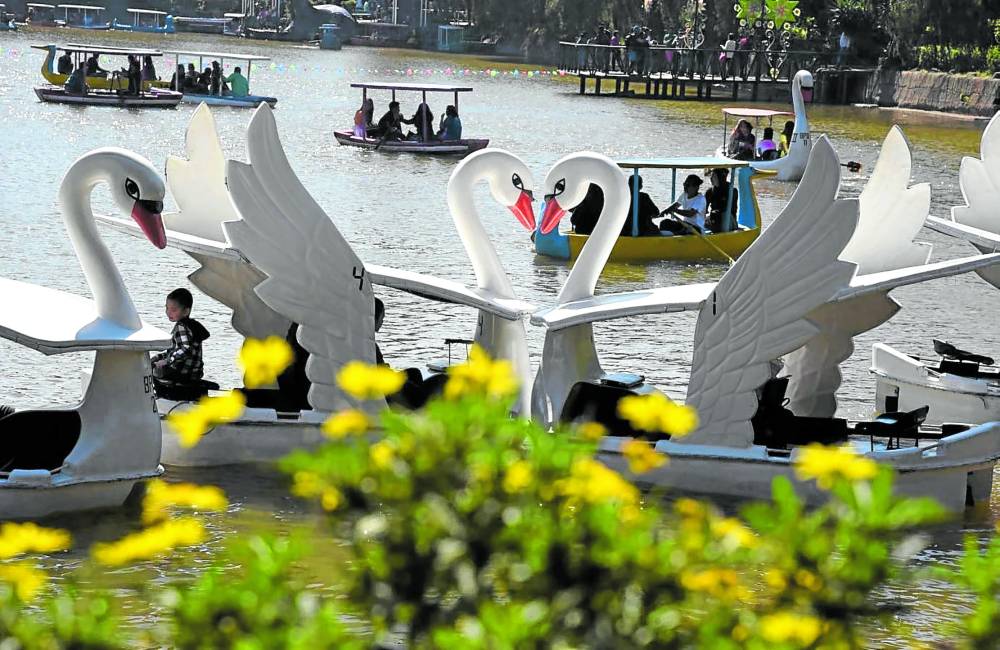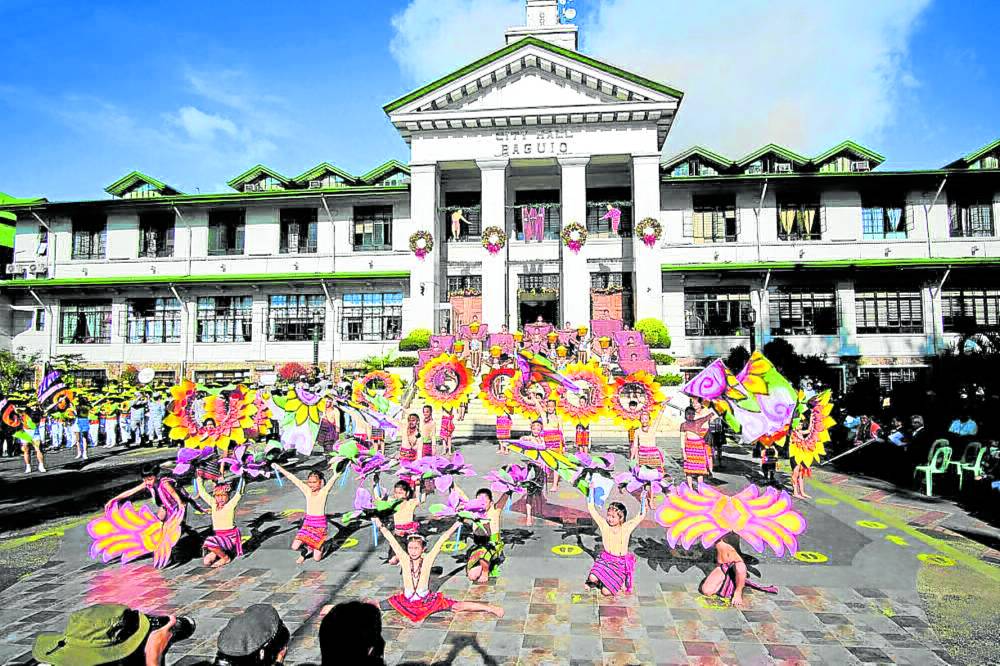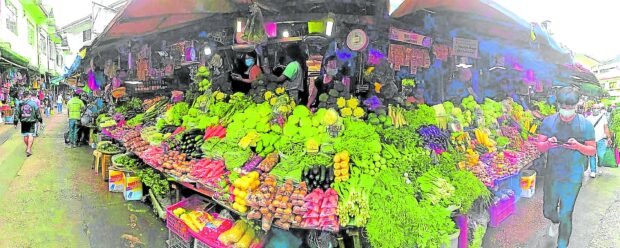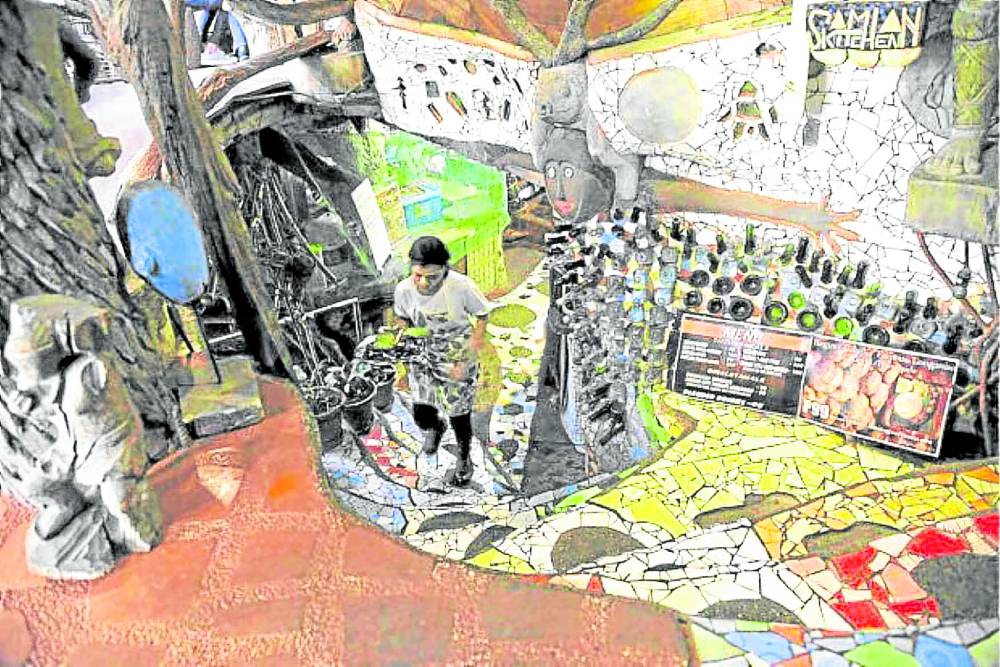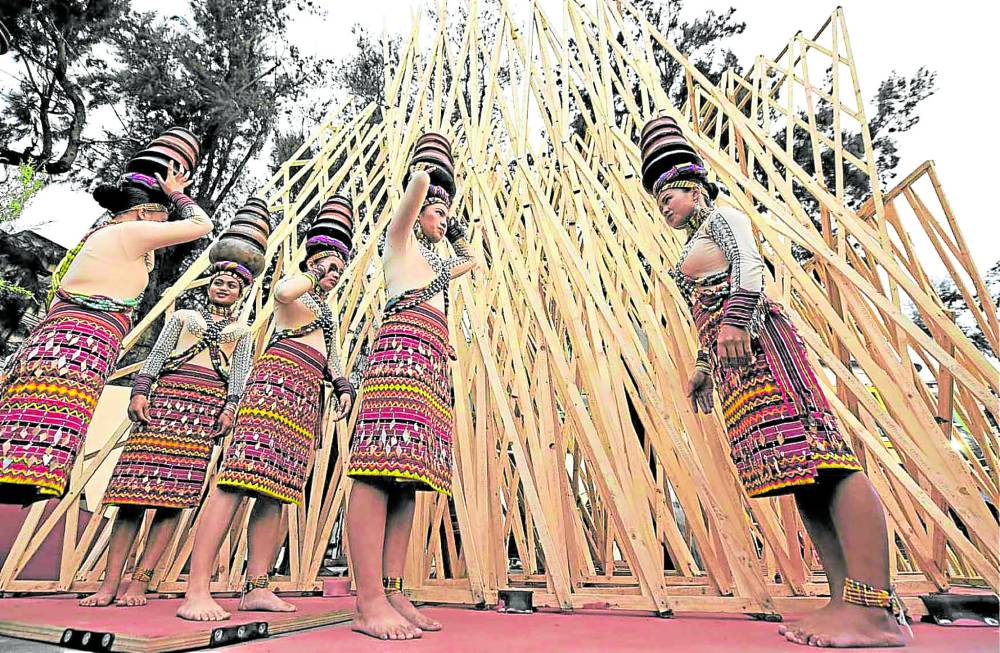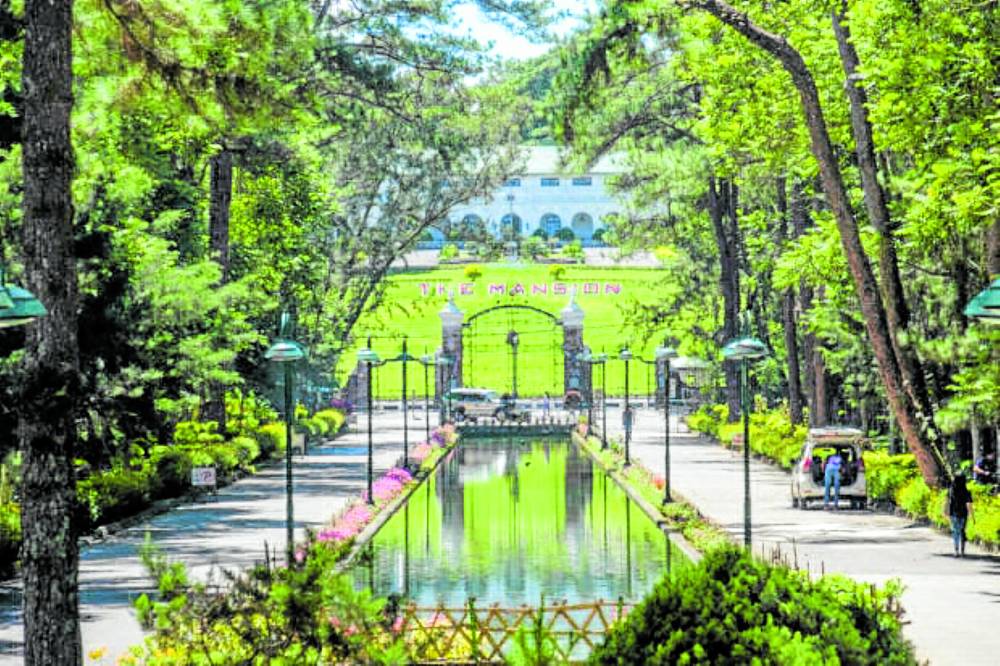Baguio City in focus
Once a grassy marshland in the highlands of Benguet, Baguio City has become a progressive highly urbanized city and a prime tourist destination in the country.
Located about 250 km north of Manila, the so-called “Summer Capital of the Philippines” is known for its cool climate, foggy hills, pine trees and panoramic views. In the early 1900s, Architect Daniel Burnham designed the city to serve as the seat of the American colonial government during summer when sweltering heat would sweep through Manila.
Resilient city
Baguio has withstood several disasters since it was chartered in 1909. In the early part of World War II, Baguio was among the first areas to be attacked by the Japanese army. In 1990, a killer 7.8-magnitude earthquake left the city isolated for days, with 28 buildings and 130 houses destroyed beyond repair and thousands of people dead.
From the ruins of the war and earthquake, the city eventually recovered and developed into the commercial, educational and recreational center of the Cordillera and Northern Luzon. In 2017, the city was the first in the country to be named by the United Nations Educational, Scientific and Cultural Organization (Unesco) as one of the 64 Creative Cities Network cities worldwide under the Crafts and Folk Art category.
Recovering local economy
Recently, Baguio City further demonstrated its resilience when its economy grew 9.9 percent in 2021, rebounding from the -17.2 percent in 2020, the first year of the COVID-19 pandemic. According to the Philippine Statistics Authority (PSA), Baguio’s service sector, which includes accommodation and food service operations, posted the highest growth rate.
Last year, Baguio was named the most competitive highly urbanized city in Northern Luzon and ranked 17th overall in the country, according to the Cities and Municipalities Competitiveness Index.
Tourist attractions
Baguio City also boasts of numerous attractions and festivals, the most popular of which would be the Panagbenga, or Baguio’s Flower Festival, which draws a huge number of tourists every February. This festival was conceived by Baguio civic leaders and businessmen in 1995 to lure investors and residents back to the city.
Not to be missed here are the fresh vegetables and fruits you can bring home, including carrots, cabbage, lettuce, cauliflower and strawberries.
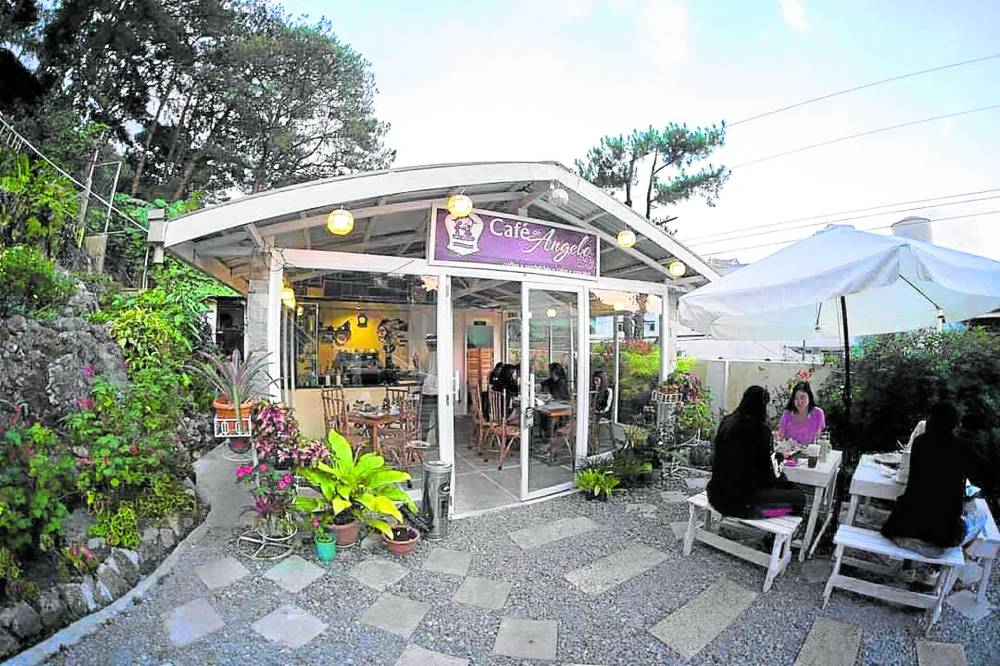
Quaint coffee houses have begun dotting the landscape of Baguio City (WWW.FACEBOOK.COM/CAFEDEANGELOBAGUIOCITY)
Quaint coffee houses have begun dotting the landscape of Baguio City over the last decade, the more popular of which include Cafe de Angelo, which is located along Marcos Highway; Arca’s Yard, which is a cafe, museum, library, and a bed-and-breakfast along Ambuklao Road; and Cafe by the Ruins, a modern cafe along Shuntug Road.
Interesting structures can also be found in the city such as the Diplomat Hotel, an abandoned haunted structure. Before the building became a hotel, it was originally a retreat house of the Dominican friars called the Dominican Hill and Retreat House.
Also located in Baguio City is the Laperal mansion, known as the “White House”. Owned by Roberto Laperal, the mansion is a Victorian house built in the ‘30s on a four-hectare property near Teachers’ Camp. Caretakers and helpers of the house have passed on ghost stories about the mansion.
Today, the Laperal White House is home to a fine-dining restaurant called Joseph’s, offering a diverse selection of continental and contemporary French cuisine.
Sources: Inquirer Archives, psa.gov.ph, cmci.dti.gov.ph, new.baguio.gov.ph

